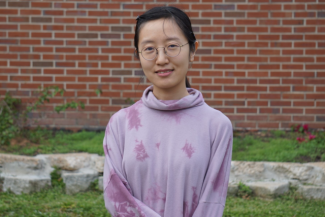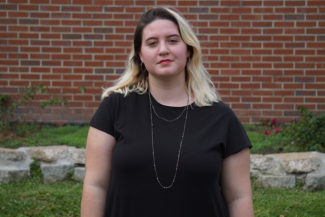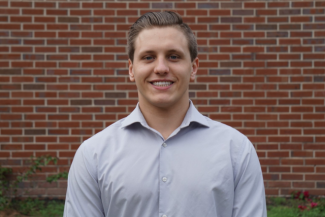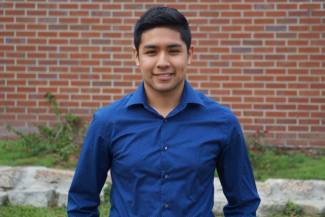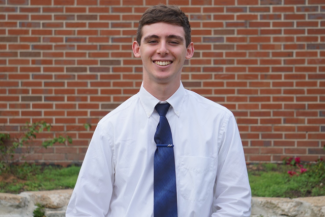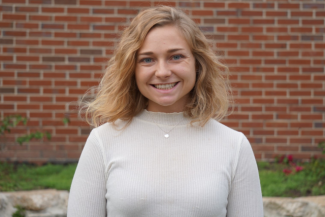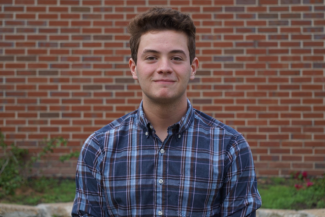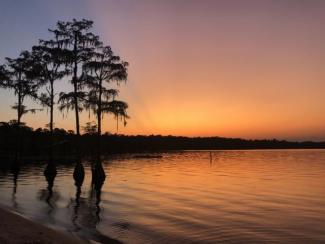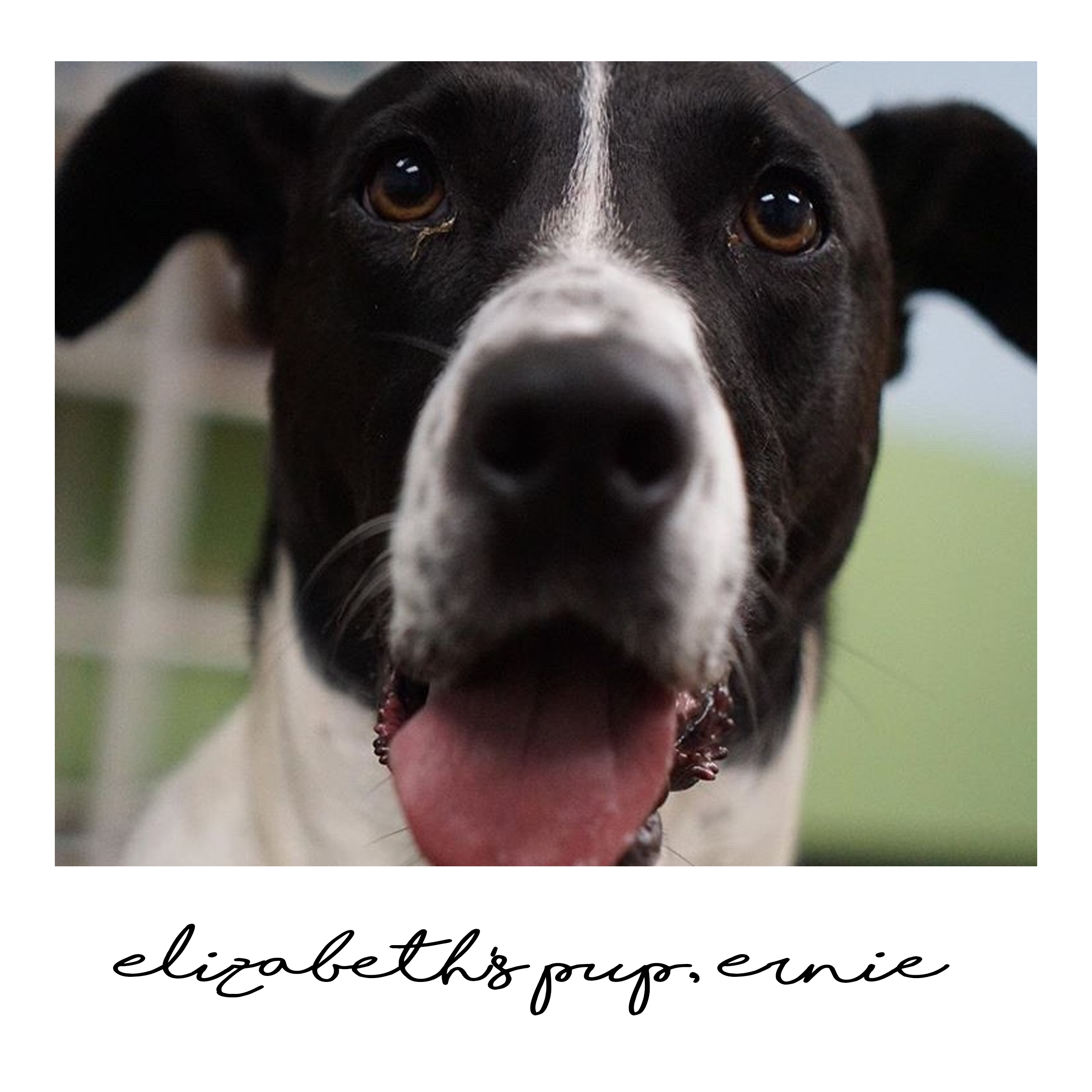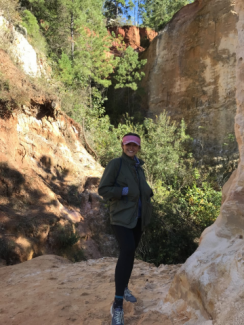Project: Where is the trash in Lake Elberta coming from?
Partner: Apalachee Audubon Society
Program: Ph.D. in Geography
Kate is a Ph.D. student in the department of geography with research interests in Geographic Information Systems (GIS), Remote Sensing (RS), and human-environment interactions.
As a Spring 2020 Sustainability Fellow, Kate partnered with the Apalachee Audubon Society and worked with Fellow Alexis Chavez to identify the origins of trash in Lake Elberta.

